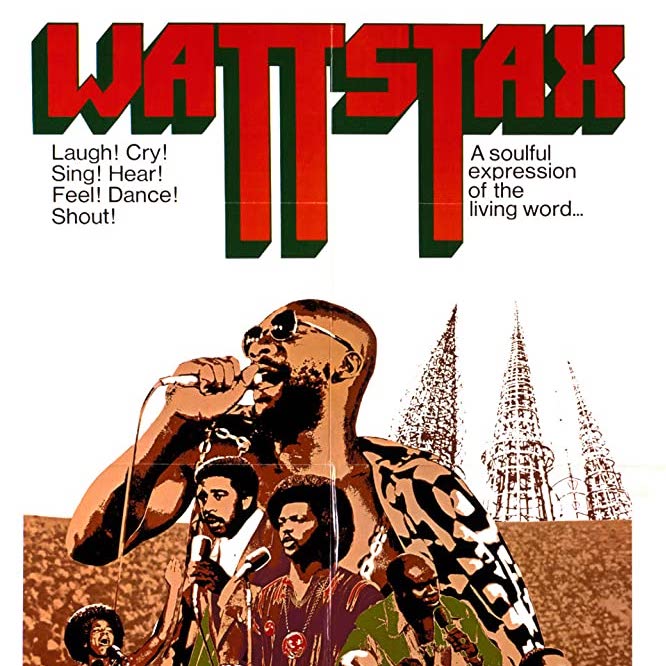A bass rumbles like a Southern storm. Suddenly, the pounding of a breakbeat tears the atmosphere. This is the intro to “Memphis Soul Stew” by King Curtis, and it’s the perfect illustration of the legendary US soul music label Stax Records. First of all, it embodies the Memphis Sound of the 60s. Let King Curtis describe it:
‘Give me about a half a teacup of bass / Now I need a pound of fatback drums / Now give me four tablespoons of boiling Memphis guitars / This goin' taste alright / Now just a little pinch of organ / Now give me a half a pint of horn / Place on the burner and bring to a boil / That's it, that's it, that's it right there / Now beat, well.’
Detroit had Motown, New York had Atlantic, Memphis Tennessee had Stax. The Stax sound was a fine blend of blues, rhythm and blues, gospel and soul, with a touch of country music. It was more raw than the Motown sound, but infinitely more powerful and sincere.
“Memphis Soul Stew” also illustrates another aspect of Stax records: their relationship with Jerry Wexler’s Atlantic Records. King Curtis was an Atlantic artist, but like many others (Aretha Franklin, for example) he went down to Memphis to record at Stax with their musicians, so good was their sound.
Stax was a record label and a studio, located in an old theatre in a poor area of this segregated Southern town. Originally a regional label, it came to prominence by signing a distribution deal with Atlantic. This would become a fruitful partnership but ended badly when it became apparent that Atlantic owned all the recordings during that time.
Stax was an example of a multi-racial company, as well as black and white artistic collaboration in a heavily segregated city during very troubled times for black people in America. Their history is closely linked to the civil rights movement, and Memphis is the place where Rev. Martin Luther King was assassinated in 1968.
Stax was founded in 1957 by brother and sister Jim Stewart and Estelle Axton (Stewart + Axton = Stax), originally to produce local country artists. They ran an adjacent record shop, Satellite Records, that greatly helped them broadcast their productions and keep a finger on the pulse of popular music. The Stax sound is defined by their in-house musicians, a mix of black and white people. On one side, the Mar-Kays were a white r’n’b band who joined forces with black musicians from Stax to become the legendary Booker T & the MGs, probably the most famous backing band of all time.
The Stax artist roster has nothing to envy from Motown: Otis Redding is their most famous star. The Staple Singers were one of the music pillars of the civil rights movement. Bluesman Albert King is a legend in his own right. Father and daughter duo Rufus and Carla Thomas were one of the most famous soul duos of the 60s – as well as Sam and Dave – and if the names of Eddie Floyd, Shirley Brown or Johnnie Taylor don’t ring a bell for you, you know their songs without a doubt.
Also worth mentioning, the duo of songwriters that penned many of Stax’s hits was David Porter and Isaac Hayes. During the second phase of Stax Records (post ‘68), Isaac Hayes became a superstar in his own right, and even brought back an Oscar to Memphis with his “Theme from Shaft”.
It’s hard to condense the history of Stax into so few words as they are one of the cornerstones of modern American music. The Stax family had 167 hit records in the Top 100, and many of their songs are instantly recognisable classics.








